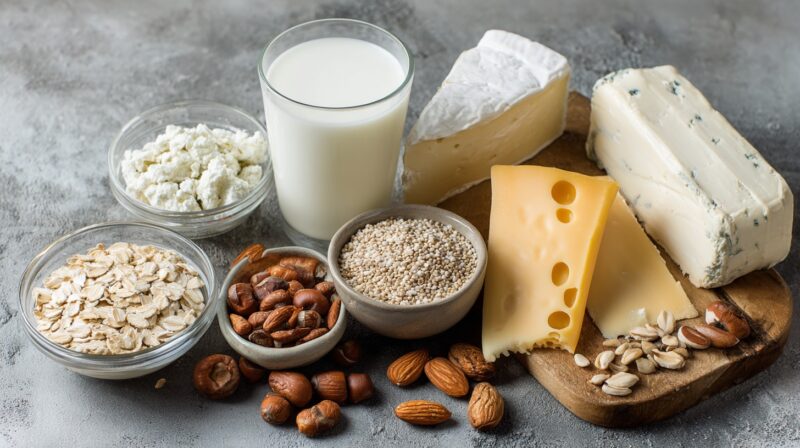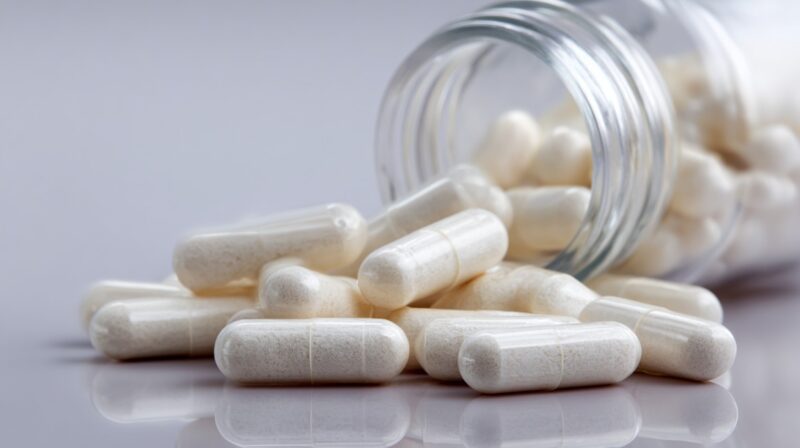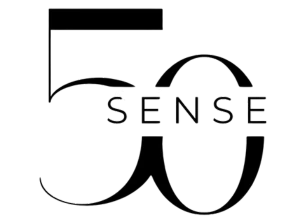
Share Post:
Calcium is more than just a mineral for strong bones; it plays a vital role in muscle contraction, nerve signaling, and heart rhythm.
Women over 50, aside from menopause, face an elevated risk of calcium deficiency due to hormonal shifts that affect absorption and bone density.
Proactive awareness and management of calcium intake can protect long-term health and reduce the risk of fractures and osteoporosis.
Let us talk about it in greater detail.
Why Calcium Is Critical After 50

Calcium is one of the body’s most important minerals, serving far more functions than simply strengthening bones.
It regulates muscle control, keeps nerve communication flowing smoothly, and ensures the heart beats in a steady and coordinated rhythm.
Without adequate calcium, everyday body functions can be disrupted, leading to a range of health challenges that become more pronounced with age.
For women entering their 50s, menopause introduces hormonal changes that directly affect calcium absorption.
Estrogen levels begin to decline, and since this hormone helps regulate how efficiently calcium is absorbed into the bones, the drop can quickly accelerate bone loss.
Reduced bone density significantly raises the risk of osteoporosis, making fractures more likely after even minor slips or falls.
Calcium deficiency extends beyond skeletal concerns. It can affect multiple systems within the body, creating a cascade of issues that influence quality of life.
- Bone strength and density for stability and reduced fracture risk
- Healthy nerve signaling to support memory, reaction times, and overall brain function
- Proper muscle contraction that keeps movements smooth and prevents painful cramps
- Steady heart rhythm that maintains cardiovascular stability
Daily habits such as choosing calcium-rich meals, staying physically active, and ensuring proper Vitamin D intake all play a role in maintaining strong bones and healthy body systems.
Daily Calcium Requirements for Women Over 50
Medical professionals recommend women over 50 consume at least 1,200 mg of calcium per day. Vitamin D is equally important since it enhances the absorption.
A daily intake of 600 IU (15 mcg) of Vitamin D is considered sufficient for most women.
Natural sunlight can boost Vitamin D levels, while dietary sources add additional support.
- Fortified foods such as cereals and plant-based milk
- Egg yolks
- Fatty fish like salmon and mackerel
Planning meals carefully or using supplements when necessary helps women consistently meet their daily requirements, reducing the risk of age-related bone loss.
Signs and Symptoms of Calcium Deficiency
Calcium deficiency often progresses without obvious signs in the early stages. Subtle symptoms may appear gradually, so awareness is essential.
- Fatigue or low energy
- Muscle cramps and spasms
- Numbness or tingling in the fingers
- Cognitive issues such as confusion or brain fog
- Tooth decay or gum problems
- Increased risk of bone fractures
In severe cases, women may also experience abnormal heart rhythms or seizures.
Recognizing these signals early makes it easier to address deficiencies before they lead to serious complications.
Dietary Sources of Calcium

Food continues to be the most effective and natural way to build and maintain healthy calcium levels.
Unlike supplements, calcium obtained through meals is absorbed gradually, giving the body a steady supply while reducing the risks linked to excess intake.
Women over 50 can meet most of their daily requirements through a balanced diet that includes both animal and plant-based options.
Dairy products remain the most reliable sources. Milk, cheese, and yogurt provide high amounts per serving and are easily accessible.
For women who may struggle with lactose intolerance, lactose-free dairy products or fortified alternatives can serve as substitutes without compromising intake.
Plant-based sources also play a critical role, especially for those following vegetarian or vegan lifestyles.
Leafy greens such as kale, collards, and broccoli supply a meaningful boost of calcium, along with additional vitamins that support overall health.
Fish varieties that include edible bones, like sardines and canned salmon, deliver another concentrated source that is often overlooked.
Nuts and seeds contribute smaller amounts but add valuable support when included consistently.
When Diet Isn’t Enough, Use Calcium Supplements

Diet alone may not always be sufficient to meet daily calcium needs. Certain groups of women are more likely to require supplements, including:
- Women with lactose intolerance
- Those with absorption challenges
- Women on long-term steroid therapy
Supplement options vary, with calcium carbonate offering 40% elemental calcium but requiring food for better absorption, while calcium citrate contains 21% and can be taken with or without meals.
Common side effects may include bloating or constipation.
Since some supplements interact with medications, consultation with a healthcare professional ensures safe use and proper dosage.
Private health insurance may cover nutritional counseling or medical advice, making it easier to manage supplementation safely.
Potential Risks of Over-Supplementation
@rubin_allergy @✨Margo✨ Dietary supplements are not necessarily safe. Taking high doses of supplements can be potentially harmful to your health. #supplements #tiktokdoc #learnontiktok ♬ original sound – Dr. Rubin, MD
Calcium plays a vital role in maintaining health, yet too much of it can create problems rather than prevent them.
For women over 50, the recommended upper limit is 2,000 mg per day. Consistently exceeding this threshold does not provide extra benefits; instead, it places added strain on the body.
One of the most common risks is the development of kidney stones.
Excess calcium not absorbed by the bones or bloodstream may accumulate in the kidneys, crystallizing into painful stones. Women who already have a history of kidney issues are particularly vulnerable.
Research has also raised concerns about a possible link between excessive supplementation and cardiovascular complications.
Some studies suggest that large supplemental doses might contribute to arterial calcification, which increases the risk of heart disease.
Although the evidence is not fully conclusive, it highlights the importance of moderation.
- Gastrointestinal discomfort such as bloating, gas, or constipation
- Elevated blood calcium levels (hypercalcemia), which can lead to nausea, frequent urination, or abnormal heart rhythms
- Reduced absorption of other minerals like iron, magnesium, and zinc when calcium intake is consistently too high
Maintaining a balanced intake through both diet and supplementation ensures calcium continues to support bone and overall health without triggering harmful effects.
Final Thoughts
Calcium deficiency often hides in plain sight, but awareness can prevent long-term damage.
Women in their 50s can meet daily requirements through a combination of diet and supplementation when necessary. Supplements should be chosen carefully and based on individual needs rather than a one-size-fits-all approach.
Strong bones, steady nerves, and heart health all rely on proper calcium intake.
Prioritizing bone health now lays the foundation for better mobility and independence in the years to come.
Related Posts:








